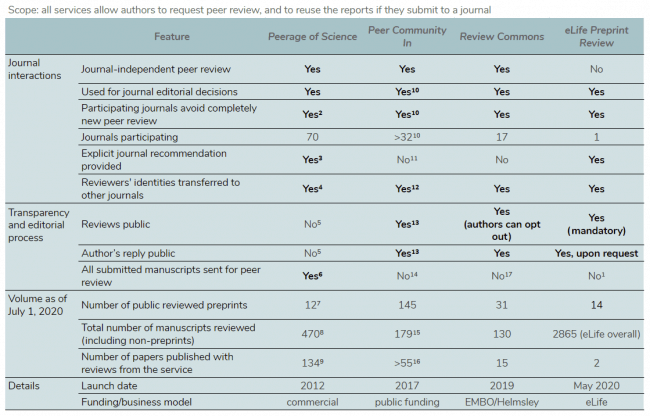Preprints in the Public Eye
Today, we’re pleased to announce the launch of a project on the use of preprints in the media with support from the Open Society Foundations. Premature media coverage was the top concern about preprints in our recent #biopreprints2020 survey, for both those who had published their research as preprints and for those who had not.…











